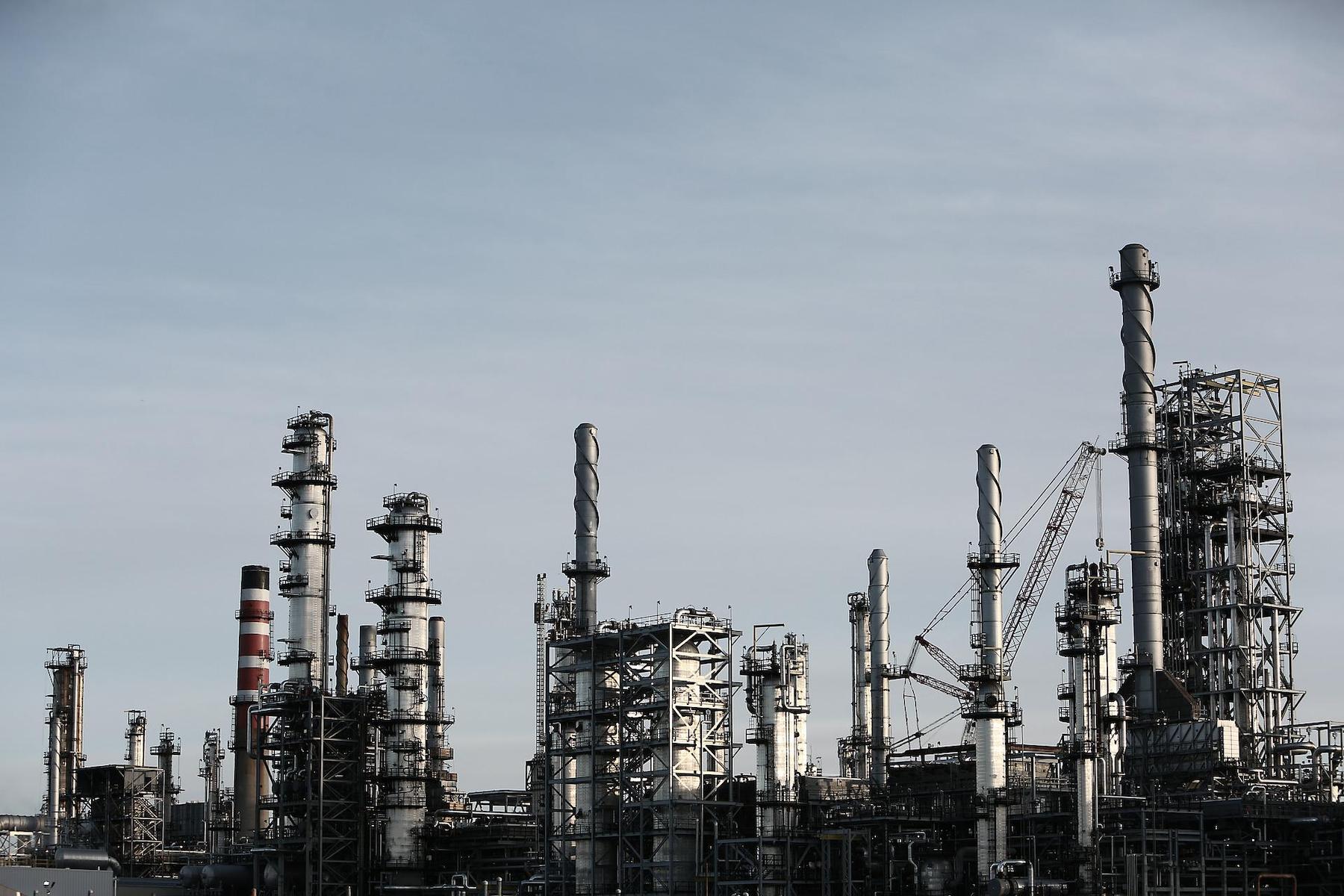The American Institute of Steel Construction has released updated environmental product declarations (EPDs) “to help designers and building owners design more environmentally friendly buildings and bridges,” according to an AISC news release.
The organization develops industry-average environmental product declarations (EPDs) for three products: fabricated hot-rolled structural sections, fabricated steel plate, and fabricated hollow structural sections (HSS)—the latter developed with the Steel Tube Institute. “These documents are designed to facilitate an accurate, apples-to-apples comparison of the structural materials on the market today,” the release says. These documents are updated every five years.
“Many people associate steel with old smokestacks and air pollution, but structural steel is now the premier green building material,” said AISC President Charles J. Carter, SE, PE, PhD. “Over the past three decades, the steel industry has reduced greenhouse gas and overall emissions by 36%. And the American structural steel industry is leading the way to a greener future with a carbon footprint nearly half the world average. By comparison, Chinese structural steel has three times the global warming potential of domestic steel.”
Many rating systems (LEED V4), standards (ASHRAE 189.1), green building codes (IgCC), and specific customers require the submission of environmental product declarations (EPDs) for products delivered to the project site. These EPD life-cycle assessments provide information on environmental impacts related to the manufacture of the product, including global warming potential, ozone depletion, acidification, eutrophication, and ozone creation.
AISC works with its mill members to develop industry average EPDs for structural steel produced in the United States. In addition to quantifying the impacts of the mill processes, the EPD work quantifies the industry average per ton environmental impacts of the fabrication process.
Related Stories
Codes and Standards | Jun 2, 2021
Dept. of Energy releases EnergyPlus and OpenStudio updates
New features include Python Plugin features and additional tabular reporting options.
Codes and Standards | Jun 1, 2021
Federal plan to double Canadian lumber tariffs draws intense criticism
Builders advised to stock up to deal with shortages.
Codes and Standards | Jun 1, 2021
Passive House standards proving their worth in multifamily sector
Energy performance beats conventionally built by 32% to 58%.
Codes and Standards | May 27, 2021
Pittsburgh combats construction fraud
Crackdown on tax, insurance, and workers’ comp malfeasance.
Codes and Standards | May 26, 2021
Proposal to add photovoltaic panels to the R2 Standard for electronics recycling
Hundreds of facilities in 33 countries could begin recycling PVs.
Codes and Standards | May 25, 2021
International Energy Agency lays out roadmap to net zero
Focus is on energy generation, but building efficiency also plays a role.
Codes and Standards | May 24, 2021
Biden Administration will make new investments in building energy efficiency
Focus on grid-interactive buildings; Energy Star expansion; new targets for energy, water reduction.
Codes and Standards | May 20, 2021
Solar panel trade group issues guidelines to rid use of components built with forced labor
Growing concern that PV industry is dependent on work camps in China.
Codes and Standards | May 19, 2021
Smart electric panels can aid transition to renewable energy
Allow customers better control of circuits; utilities can better manage demand.
Codes and Standards | May 18, 2021
Cross-laminated timber performs better than expected in shear test
Tests conducted in support of new criteria for design of CLT diaphragm.

















